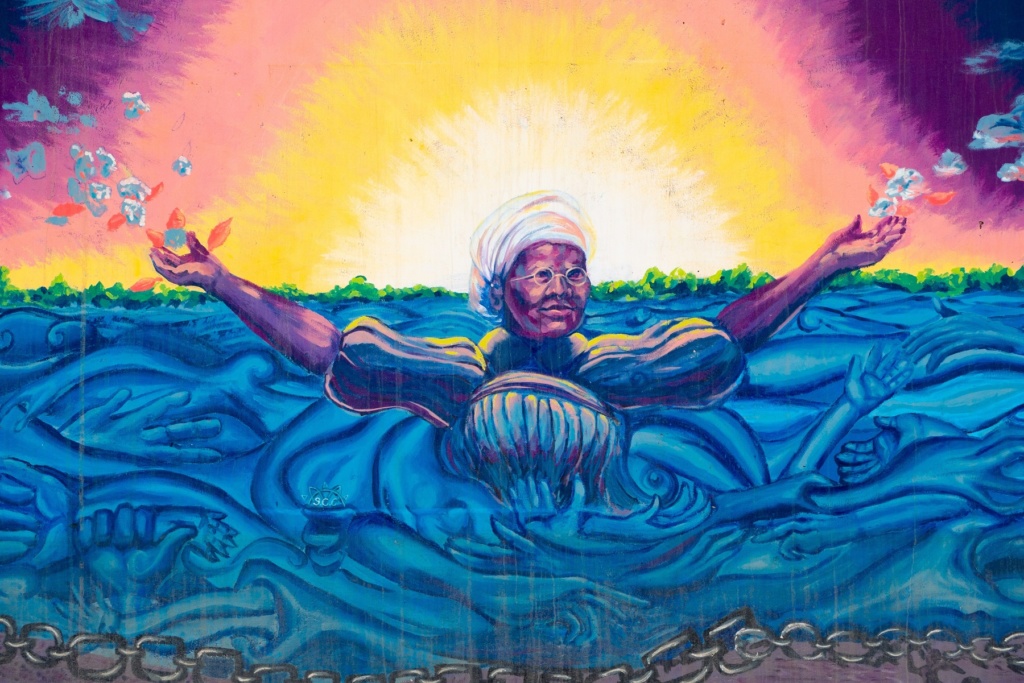
Why is the Mississippi river important in black history?
From Minnesota to Louisiana, spanning more than 2,000 miles long, it’s the nation’s longest river with a history much deeper than the water itself.
The Mississippi was the main artery of America’s pre-railroad economy, transporting boatfuls of cash crops and the slaves who tended them during the 1800’s.
Historian, Dr. Don Hernandez said this part of the river represented not bondage, but opportunity.
“History reports that people who were enslaved and who were working in this area from time to time sought freedom by escaping across the Mississippi River,” Hernandez said.
Escaping from chains in the East to liberty in the West, an irony not lost on students of Southern University, Louisiana’s oldest historically black university.
Mary Meachum
On the night of May 21, 1855, in the area that is now part of the Mississippi Greenway: Riverfront Trail north of the Merchant’s Bridge, Mary Meachum attempted to help a small group of enslaved people cross the Mississippi River to Illinois where slavery was outlawed. However, enslavers and law enforcement officials caught at least five of the enslaved people and arrested Mary for her participation in the plot. She was charged in criminal court for helping the “fugitives” escape. In 2001, the National Park Service recognized the site as part of the Underground Railroad Network to Freedom.
Black History Wod:
“Crossing the Mississippi River”
12 Rounds
For Time:
Row 250m
Run 200m
Upper Impairment
12 Rounds
For Time:
Row 250m
Run 200m
Lower Impairment
12 Rounds
For Time:
Row 250m
Run or Ski Erg 200m (Bike 400m)
Neuromuscular
12 Rounds
For Time:
Row 200m
Run 100m or bike 200m
Seated
12 Rounds
For Time:
Row 150m
Wheel 100m
Short Stature
12 Rounds
For Time:
Row 250m
Run 200m
Sensory
12 Rounds
For Time:
Row 250m
Run 200m



